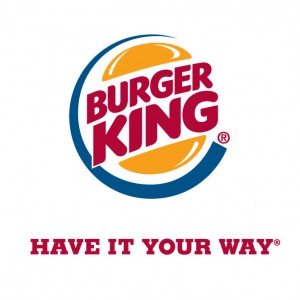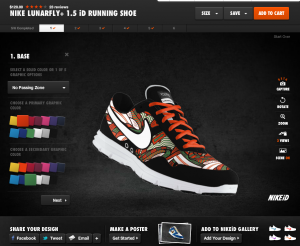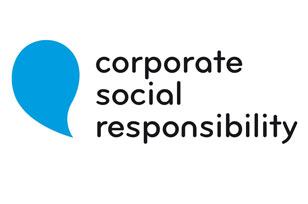“Have it your way”, Burger King’s 40 year old slogan shows the gist of mass customization, a production method that many of today’s businesses believe play a crucial role in increasing market share and profit.
After 20 years of consistent success, Burger King saw the opportunity to advertise their products through the idea of personalization, an idea that McDonald’s view as “expensive”, as it would sacrifice speed or price in their fast food business.
Without compromising time or speed, companies in other industries are also making mass customization an integral part of their strategy such as Nike. The Nike ID website allows customers to personalize their own shoes within minutes.
Though it seems difficult for a company to tailor every individuals’ custom orders, Nike’s economies of scale and strong brand image have enabled them to do so without making losses. It allows Nike to increase their price as customization adds more than just style, but also a kind of sentimental value for the owners.
The results of using mass customization as a core strategy are contrary to what mass production advocates thought. While McDonald’s view customization as sacrificing speed and price, Burger King view it as an opportunity to gain loyalty. Similarly, while the shoe industry is in a category that runs on mass production, Nike found a way to differentiate themselves through mass customization, which positions them as the leading shoe manufacturer despite its relatively high price.
So what? Mass customization is the way to go.


